Find out Here Can Dogs Eat Cabbage?
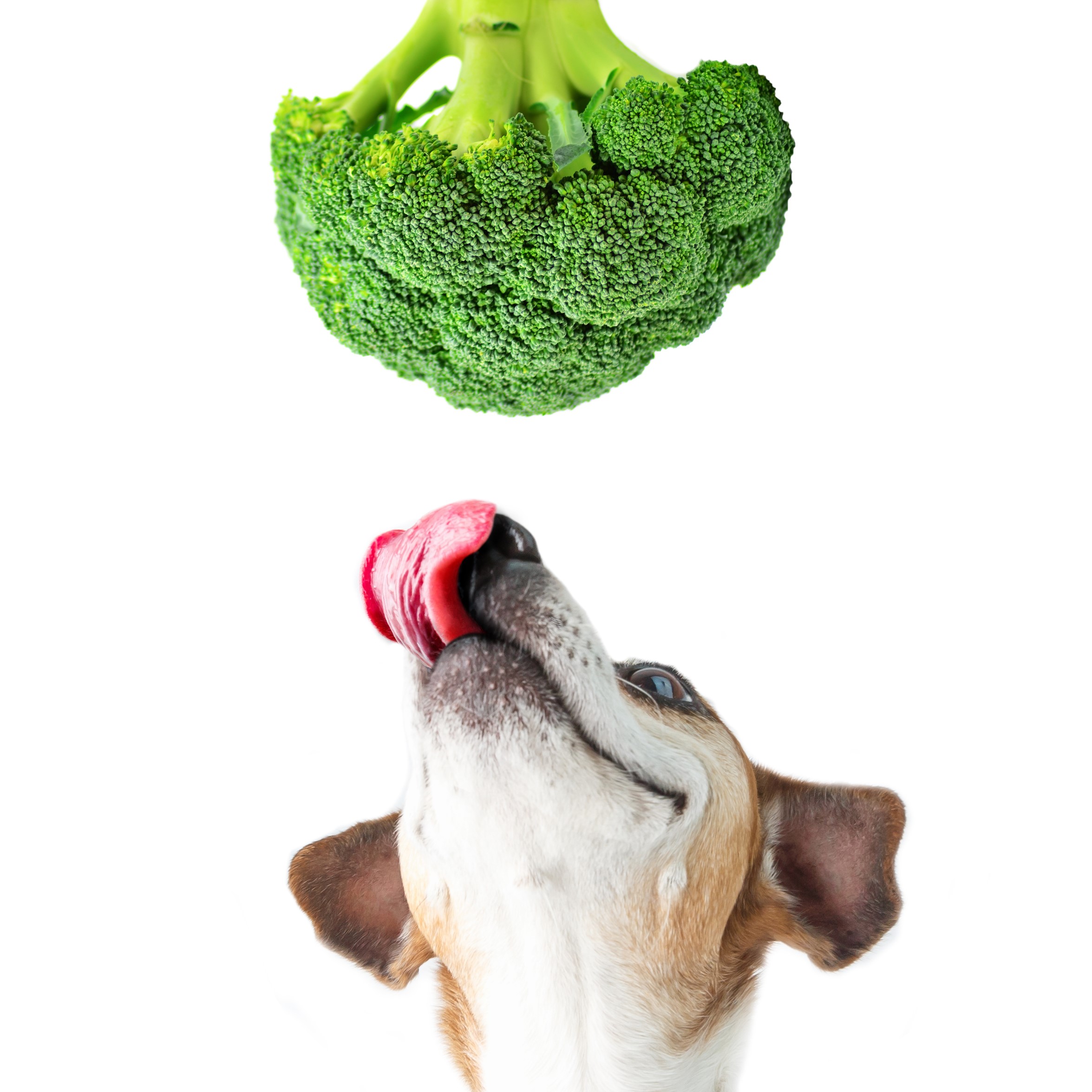
Canines might prefer meat to vegetables, but they, almost in a similar way, love cabbage. It is tasty and has multiple health benefits, but there are few considerations before feeding your dog cabbage.
Do you want to give your dog raw or cooked cabbage? Well, fresh cabbage is crunchy and tasty, although the required feeding quantity matters. Additionally, dogs might not be able to break down raw vegetables and absorb all the present nutrients, which is the reason why people prefer cooked cabbage.
That said, feed dogs small quantities of raw sprouts, although cooked ones can be given in relatively larger quantities. All in all, it’s important to completely restrain from overfeeding the pooch as this results in gas accumulation.
Are There Any Health Concerns of Cabbage Feeding
In terms of safety, dog owners need not be alarmed as the option is not only safe but also beneficial. That said, cabbage plays an important role when it comes to digestion, all in the account of the high fiber component present. It is also ideal as it helps maintain healthy skin.
But besides aiding in digestion, cabbage has cancer-fighting traits, and its keratin-boost properties aid in the growth of strong nail and healthy fur. Finally, the vegetable anti-oxidative nature offers a huge immune boost.
In the process of fighting cancer, cabbage bolsters enzyme production, which, in turn, prevents cancer tumor growth. All in all, there’s one vital necessity for those who want to realize these benefits optimally – observe moderation while feeding dogs, as huge quantities are harmful, and they can cause gas accumulation.
The Process of Feeding Your Dogs Cabbage
Even with the product’s unprecedented benefits, gas accumulation issues may arise, although the main cause is overfeeding. Additionally, dogs aren’t used to eating many food varieties, so it is important to always introduce a new meal slowly.
In this case, the best advice is starting with relatively small portions and feeding dogs at least once a day. The feeding volume should increase with time. However, bear in mind that, even when dogs get used to cabbage, gas accumulation issues may still arise.
When serving the meal, add small cabbage proportions to the dog’s dish or protein-balanced dog food. Some people also feed the dish as a topping on their dog’s evening food.
Always Moderate the Amount of Cabbage You Feed Dogs
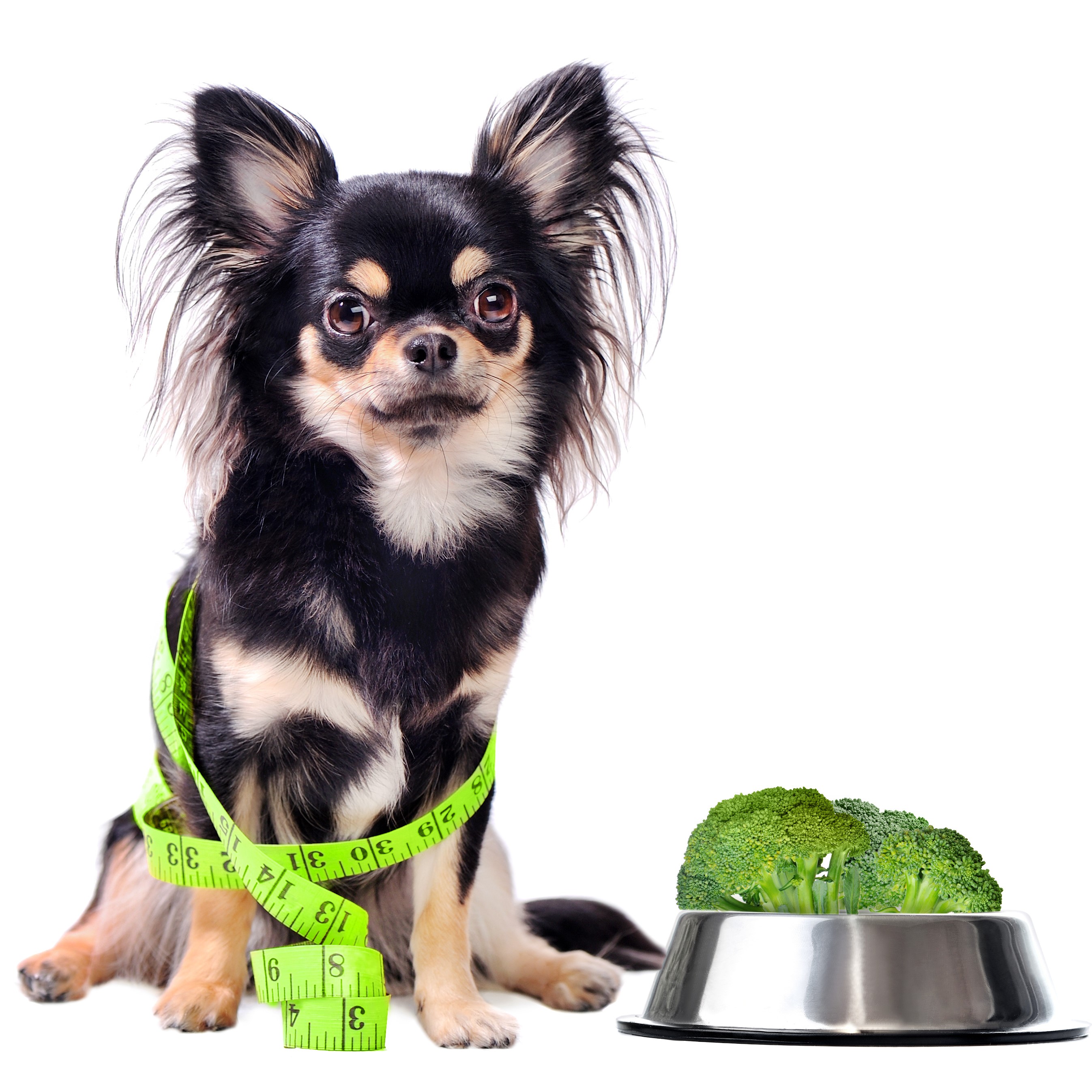
Dogs’ carnivorous nature implies that the daily introduction of vegetables will most likely cause serious adverse effects. That said, the presence of thiocyanate in cabbage adversely affects thyroid glands when dogs consume large product quantities.
Fortunately, it takes a very big amount to affect thyroid glands, and many dog owners are unlikely to reach such quantities when feeding their dogs. Additionally, cooked cabbage deactivates thiocyanate, although oil and savors shouldn’t be used in the process.
That said, if you are looking for an ideal and healthy cabbage preparation method, boil with only small amounts of water. Only feed dogs with considerable portions of the dish after they like the meal’s taste. Do not force them to eat it, but instead, add small amounts to their favorite food, and when they get used to the food, they can eat it without mixing.
For dogs with thyroid glands issues, consult a vet before initiating the feeding process. All in all, bear in mind that only excessive product amounts will cause adverse effects on dogs.
Is Giving My Dogs Cabbage Right?
Given the high nutrition value cabbage presents to human beings; it is certainly safe and highly beneficial to dogs. But before we get to these advantages, let’s first commend you for your great consideration. It’s so smart of you to make an inquiry and actually follow up to know what’s safe and unsafe for your dogs.
Bear in mind that some human meals aren’t always suitable for pets. Fortunately, cabbage is among the few foods that pose no health risks when consumed by both humans and dogs. Besides that, all cabbage types and colors, such as purple, red, and green ones, are also suitable for dog feeding without causing any adverse effects.
One main recommendation that experts keep on restating is the need to keep the food simple and avoid adding spices. Additionally, feeding dogs with a cooked meal is highly beneficial, as it fastens digestion and absorption speed.
When preparing to feed your pet, cut the cabbage in small proportions to prevent cloying in the mouth of dogs. Keenly follow the stated advice, and you will be ready to experience the multiple benefits associated with the product feeding, such as bolstering the immune system and skin health enhancement.
Finally, fiber presence in cabbage aids in digestion while the anti-oxidative nature of the vegetable prevents free radical formation, which, in turn, ensures the immune system remains functional and stronger.
So, Which Is Better – Raw or Cooked Cabbage
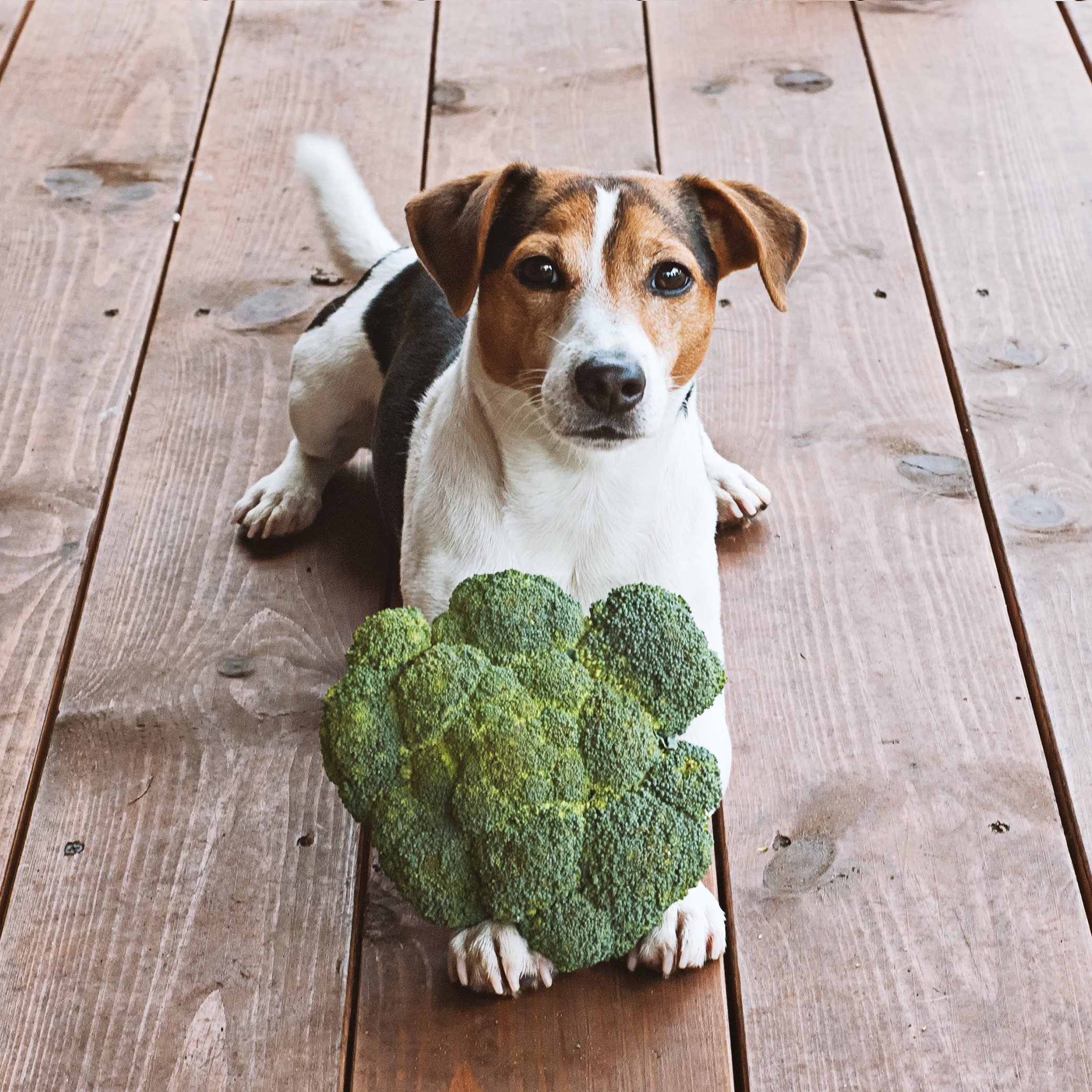
One question some people ask is, can dogs eat raw cabbage? Well, the answer is yes, but raw sprouts are more beneficial when fed in small quantities. However, for considerable quantity consumption, go for cooked vegetables, but kindly remember not to exceed the required amount.
That said, the main reason why you shouldn’t feed high quantities of raw cabbage to dogs is because of the presence of thiocyanate. Fortunately, cooking deactivates thiocyanate, thus making the dish less harmful.
But to those who might need some cooking tips or are wondering what the best cabbage cooking method is, bear in mind that the process is short and straightforward. It is also important to keep the dish simple by steaming hot water only. Additives, salt, and spices shouldn’t be used at all.
Can Dogs Eat Cooked Cabbage and Can This Cause Stomach Distresses
Cabbage safety and health benefits don’t clear all issues to do with stomach upsets, although the problems are mainly solved by feeding the vegetables in the required amounts. Some common issues associated with stomach distress, as a result of cabbage feeding are aches and watery stool. Therefore, be observant to note any abnormality after feeding your dog vegetables.
Best Anti-Oxidant Substitutes for Dogs
Anti-oxidants are essential immune bolstering components, and cabbage is no exception. It is easily accessible and affordable, unlike most anti-oxidants. But besides, there are other easily accessible anti-oxidants that will also work ideally for your dog. Here’s a list that will help you identify them with ease.
Green Tea
This is among the safest anti-oxidant source available. It has no side effects, and its ease of accessibility will leave you surprised. When preparing green tea, put a tea bag in hot water for about 15 minutes.
Wait for it to cool before feeding dogs – the recommended amount here is a quarter cup for dogs weighing about 20 pounds. The meal can be fed up to two times a day, and for storage purposes, you can refrigerate it for not more than 3 days.
Kidney Beans
Kidney beans are great anti-oxidant sources, and they are mainly associated with keeping cholesterol levels at the required range. They are also ideal when it comes to protection against diseases.
However, there’s a vital requirement to serve kidney beans when cooked as they are unsafe when raw. Soaking and boiling without adding additives is the best way to prepare kidney beans. Fortunately, kidney beans don’t pose health risks even when fed in large quantities.
Harmful Fruits and Vegetables to Avoid When Feeding Dogs
A number of fruits might end up hurting dogs, and it is, therefore, important to avoid them. Here’s a list of hazardous fruits and vegetables that pose health risks when fed to dogs.
- Onions;
- Avocados;
- Garlic;
- Apples;
- Mangoes;
- Broccoli.
Top Healthy Dog Cabbages
There’s a wide variety of cabbage that dogs can eat, and we are about to have a brief check of their constituents. But before that, a slight look at two of the important health benefits of the item might compel you to purchase the item.
To start with, it has been included in every section that cabbage is a good anti-oxidant source. But, how does this anti-oxidative nature help dogs? Well, Anti-oxidants prevent the formation of free radicals that might end up hurting the pet.
Additionally, some reports cite that cabbage the item has cancer-fighting traits, and they help prevent a series of degenerative infections. Some people also associate cabbage feeding with enhancing and keeping the dog’s brain sharp.
Red cabbage
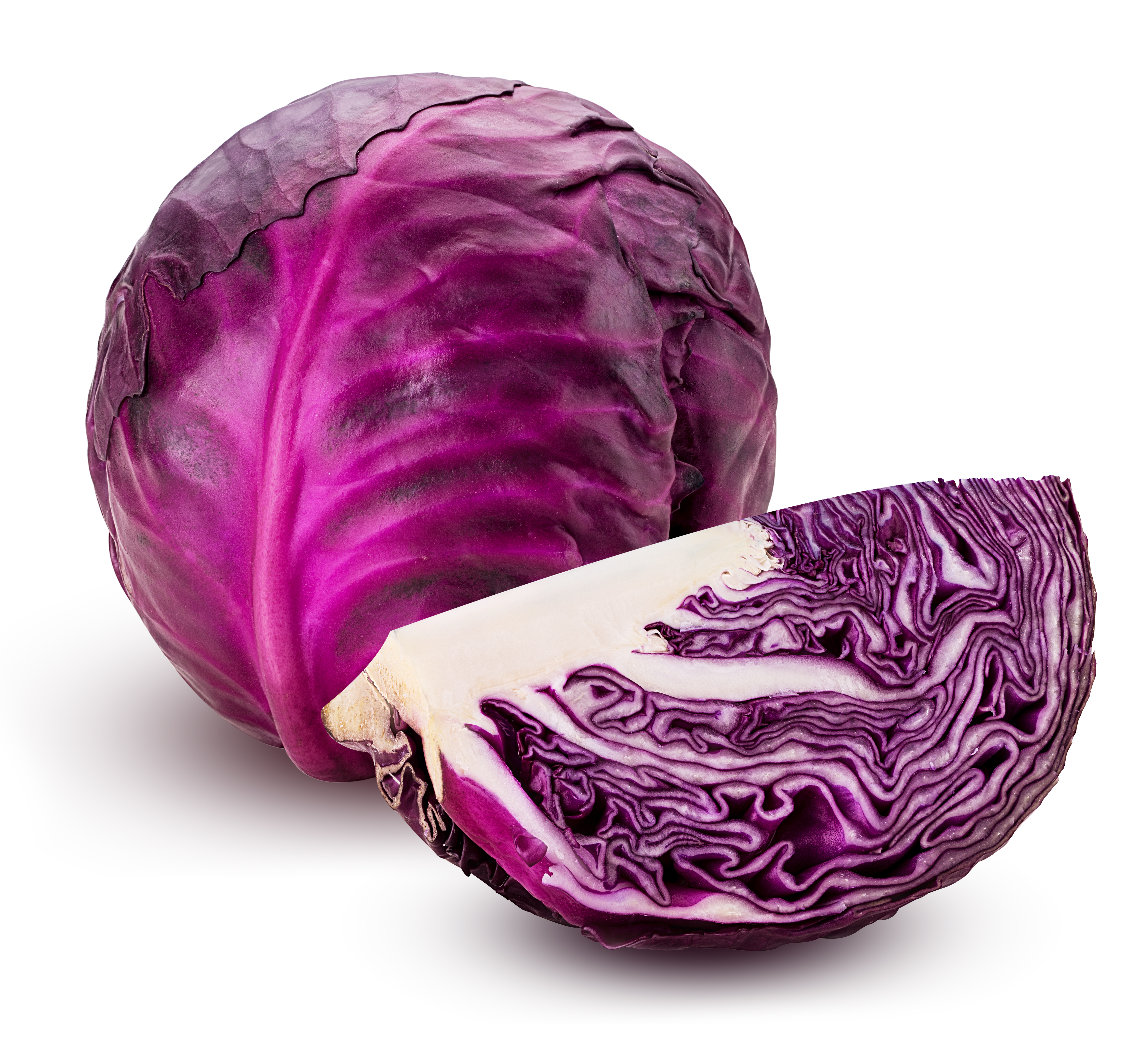
Can dogs eat red cabbage? Yes. This is highly nutritious, and like other cabbage types, feed in moderation to prevent the rare case of thyroid glands infection. All in all, red cabbage is known for its high fiber and vitamin composition.
Fiber is highly important due to its active role in smoothening the digestion process, while Vitamin K and C help bolster the immune system. The vitamins also play an essential role in fighting diseases.
One important thing to note is that red cabbage is beneficial only when your dog feeds on them when cooked. This is because dogs cannot break raw red cabbage to gain health benefits. When serving the meal, add it into a protein balanced dish or as a topping to the dog’s food.
Purple cabbage
Can dogs eat purple cabbage? Yes, it is a great anti-oxidant source with unmatched health benefits. One common thing that you will come across here is the need to feed the meal in moderation and also cooking the dish to ease its digestion. After correctly following these two essentials, your dogs will experience the optimal benefits of cabbage feeding.
Napa cabbage
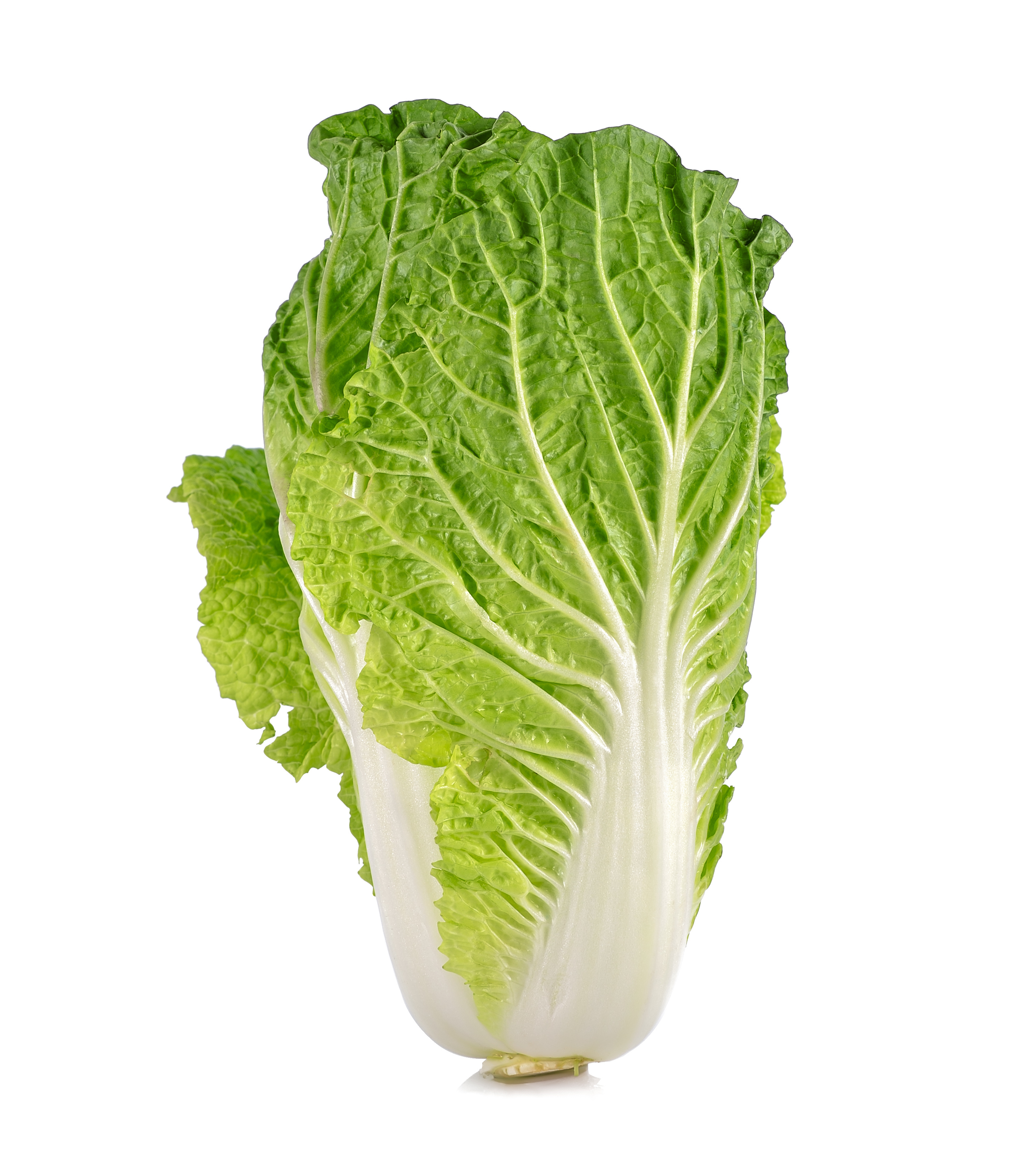
Can dogs eat Napa cabbage? Yes. Napa cabbage has its origin in China, and it’s now easily available in almost all groceries in most countries. It has characteristic light green leaves and a big head. The leaves are also slightly longer when compared to other cabbages.
That said, Napa cabbage is safe and highly nutritious with Vitamin C, K, and B. They are also crispy with a great taste that your pooch will enjoy. All in all, feed Napa cabbage in moderation and cook them to deactivate thiocyanate. Finally, do not add additives or spices to the dish as they may cause adverse effects to your dog.
Cabbage leaves
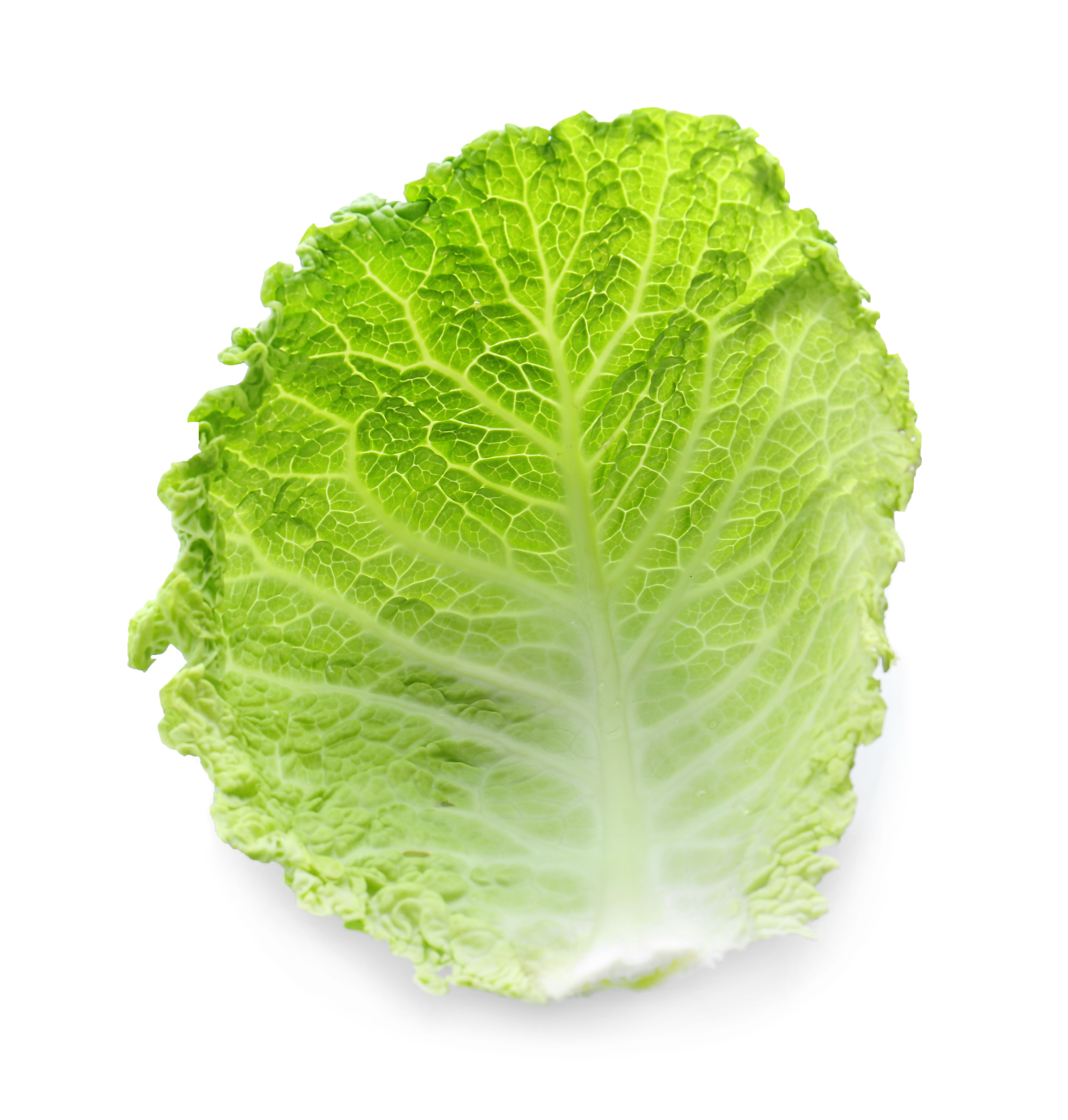
Can dogs eat cabbage leaves? Yes. Cabbage leaves, when ideally cooked, offer a wide range of essential nutrients, and they are also crispy for dogs easy chewing. Additionally, they are highly fibrous and aid in digestion, which is why we highly recommend you feed your dogs with cabbage leaves. However, bear in mind that overcooking cabbage leaves will make them lose those essential nutrients that are beneficial to dogs.
Avoid Savors, Additives, and Spices During Cabbage Cooking
When cooking cabbage, always avoid using spices and oil and instead steam the cabbage in hot water and dogs will still find the food tasty. Additives and spices can easily cause diarrhea and stomach upset.
Keep the dish simple as dogs won’t mind the bland taste. By keeping the dish simple, you avert the danger of complicating your pooch’s life. Napa, purple, as well as red cabbage, are some of the common sorts that are ideal for dog feeding. You now only need the right proportions for an experience never had before.
Wrap Up
Cabbage is safe for dogs, and it is also highly beneficial. For those wondering, can dogs eat cabbage raw, bear in mind that raw cabbage is crunchy, but you need to feed dogs in moderation. Likewise, if you are wondering, can dogs eat green cabbage, the answer is yes. However, feeding cabbage in small quantities is highly advisable.
Conclusively, cabbage is a great anti-oxidant source, and its high fiber composition aids with digestion. It, however, needs to be cooked to ease its breakdown process and enable dogs to realize optimal nutritional boost.

